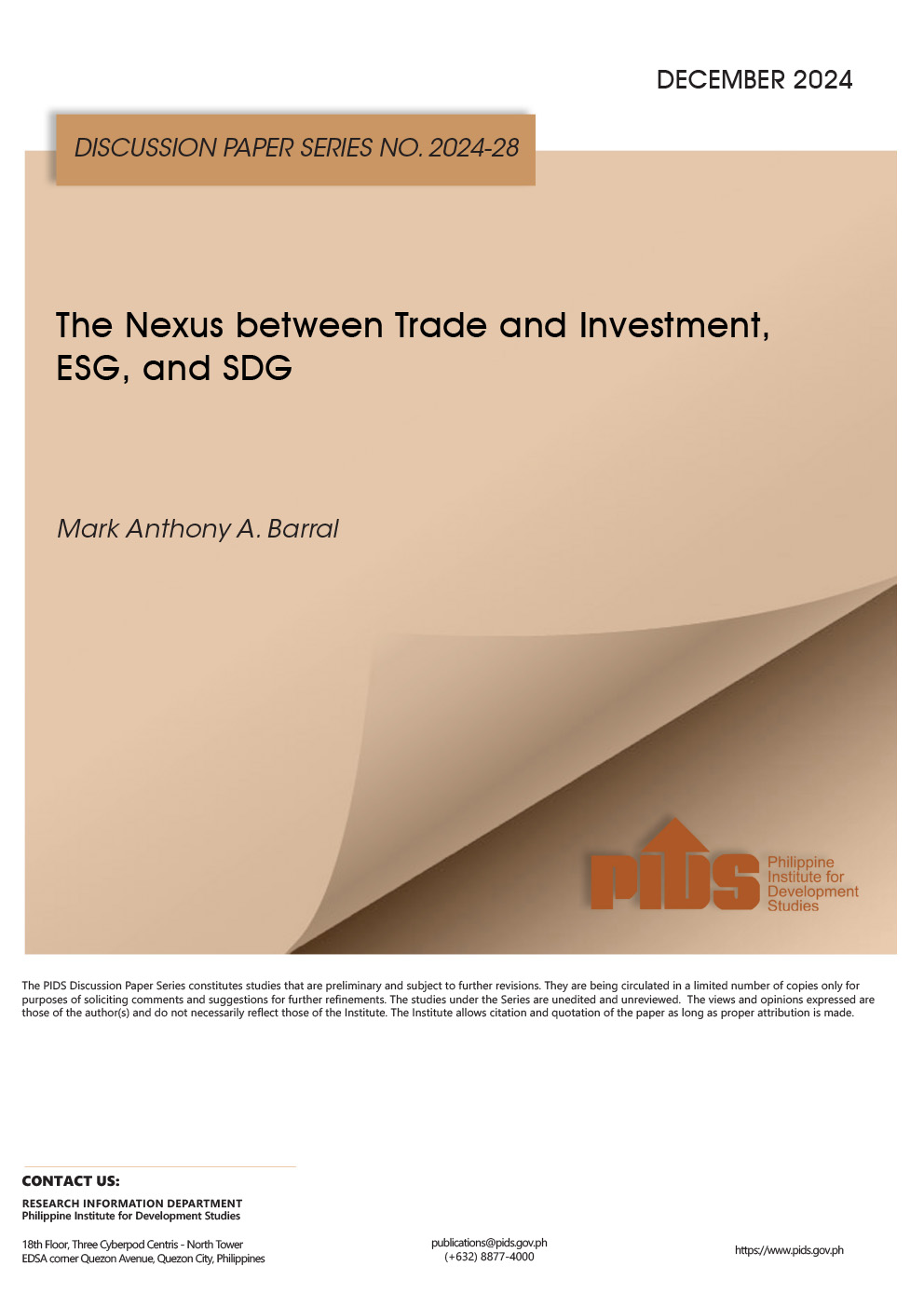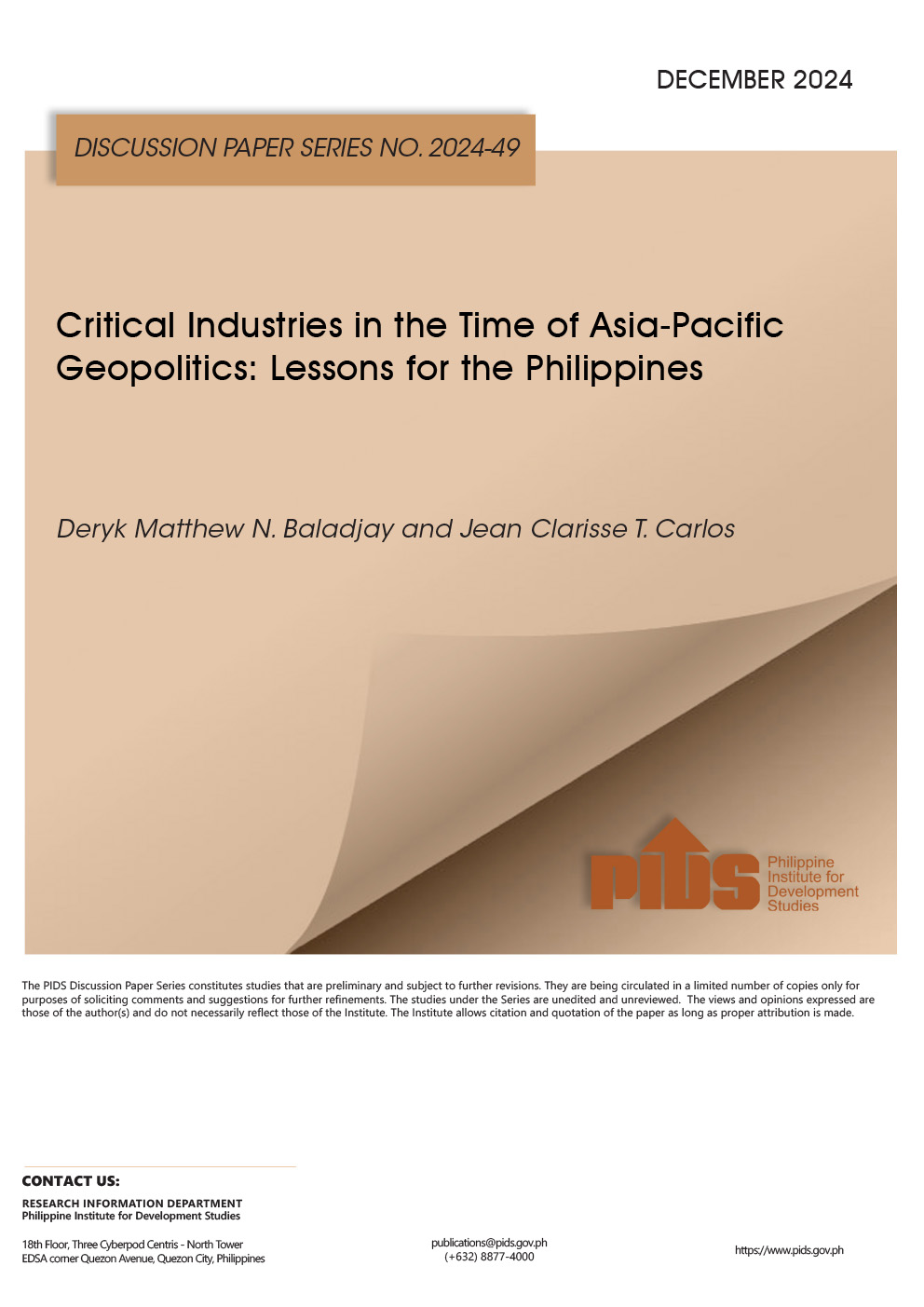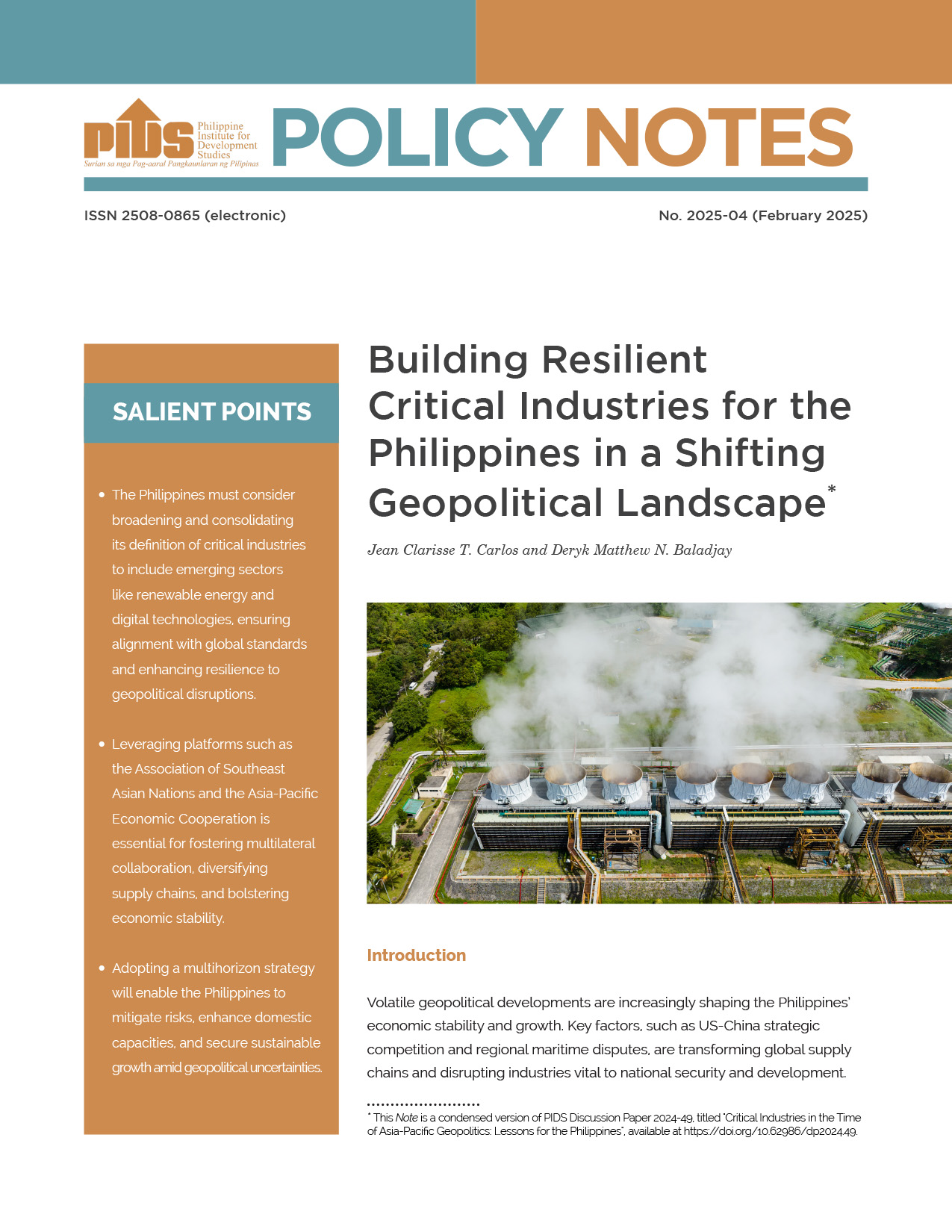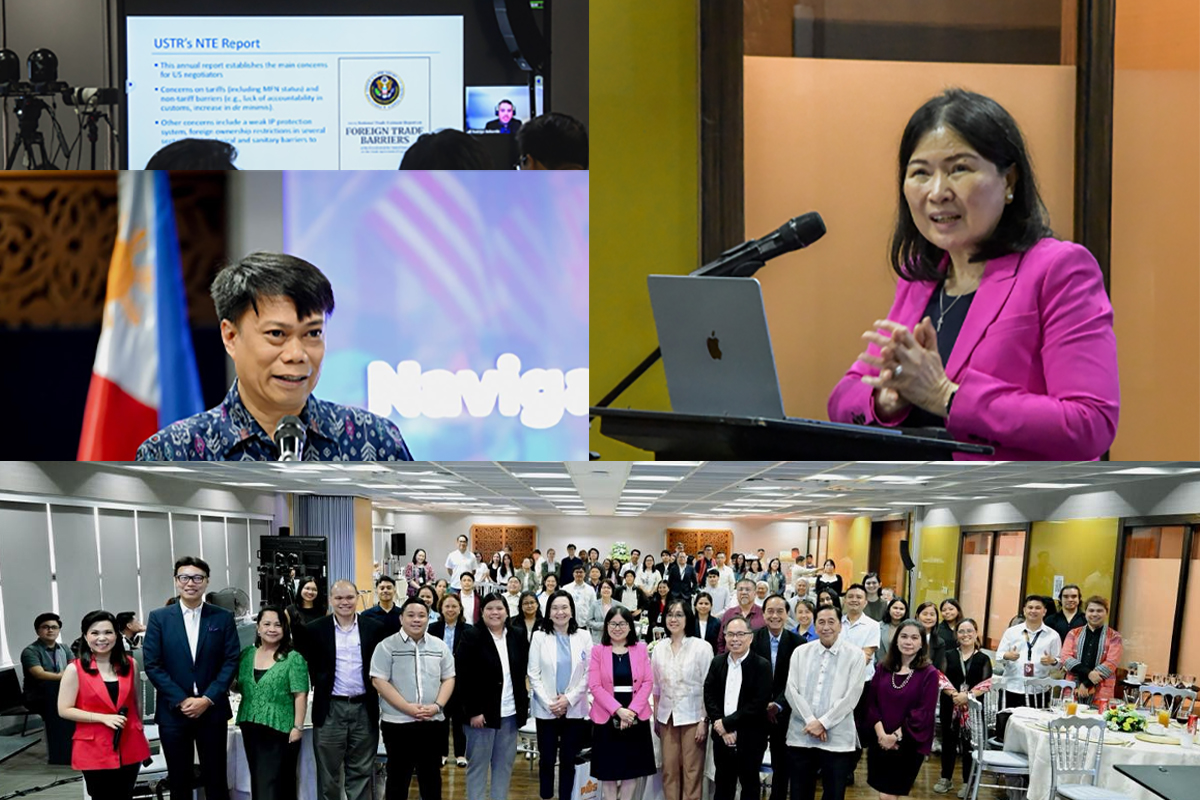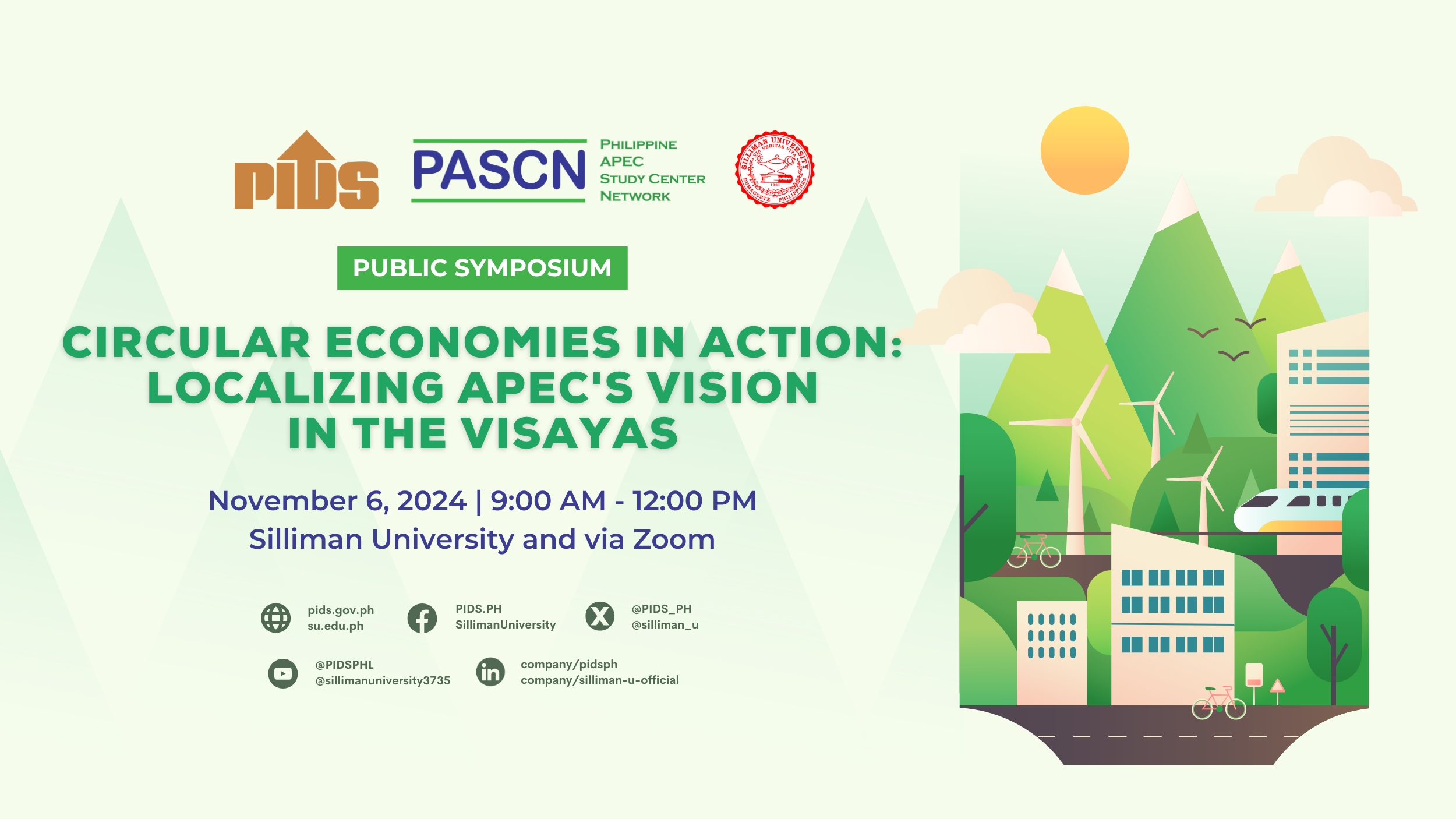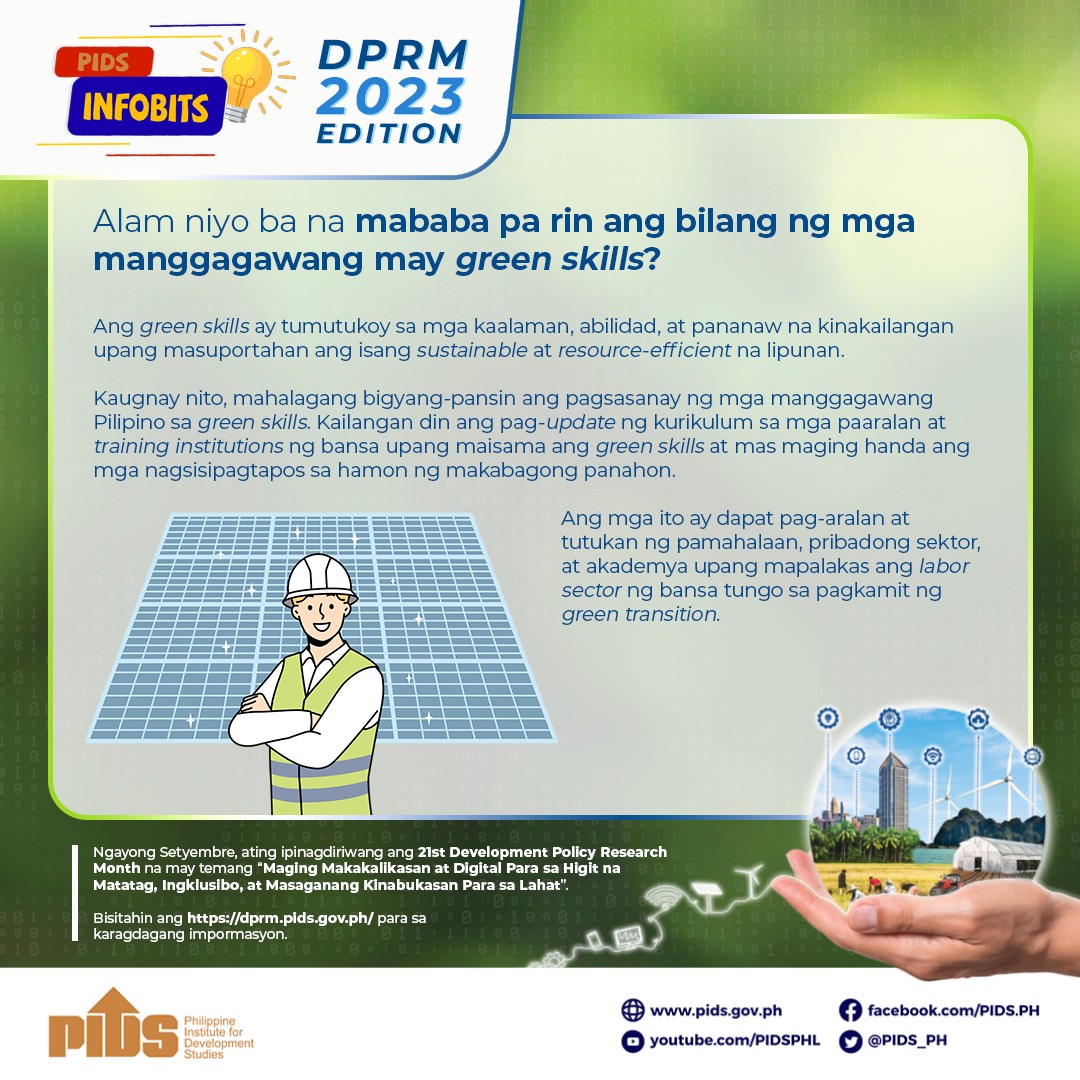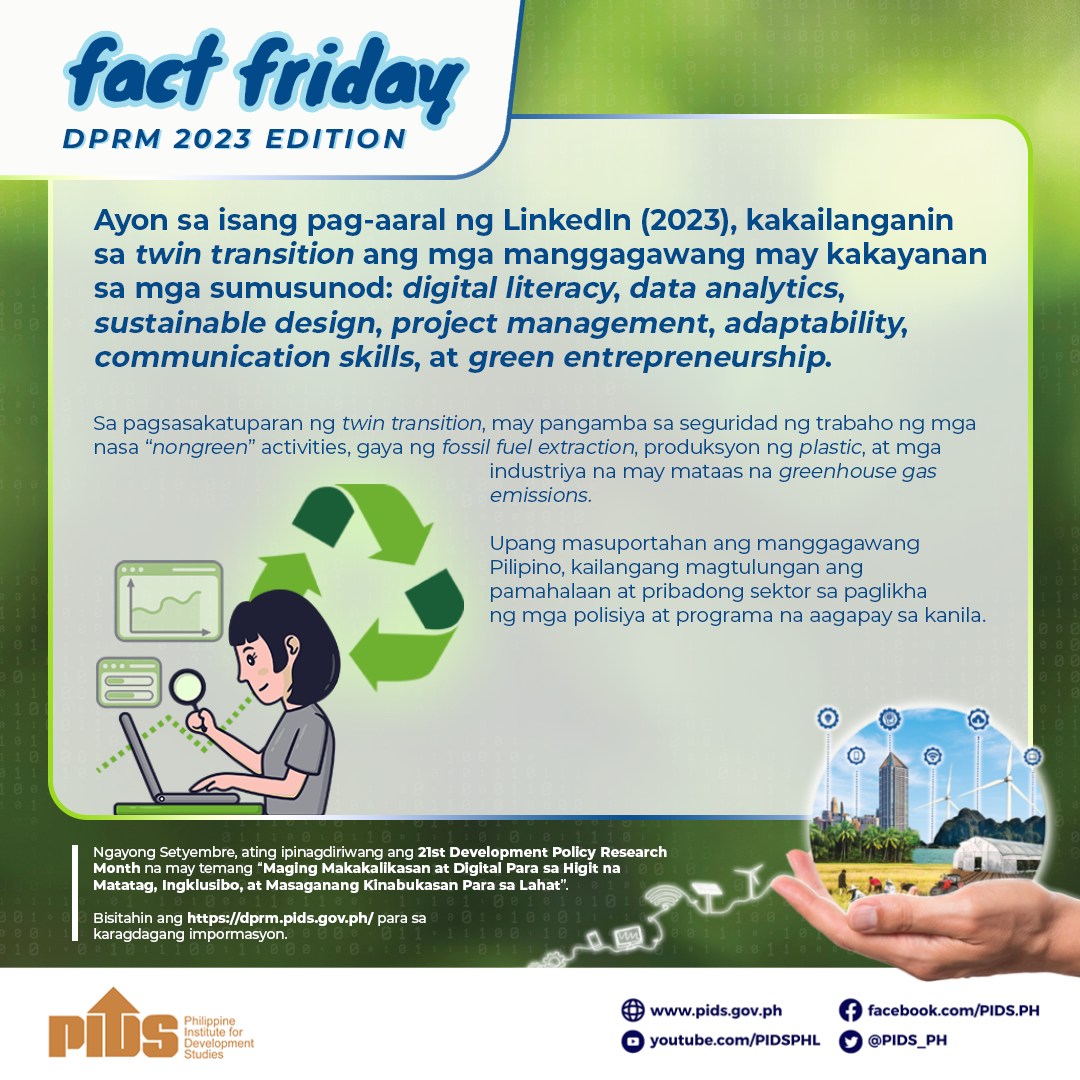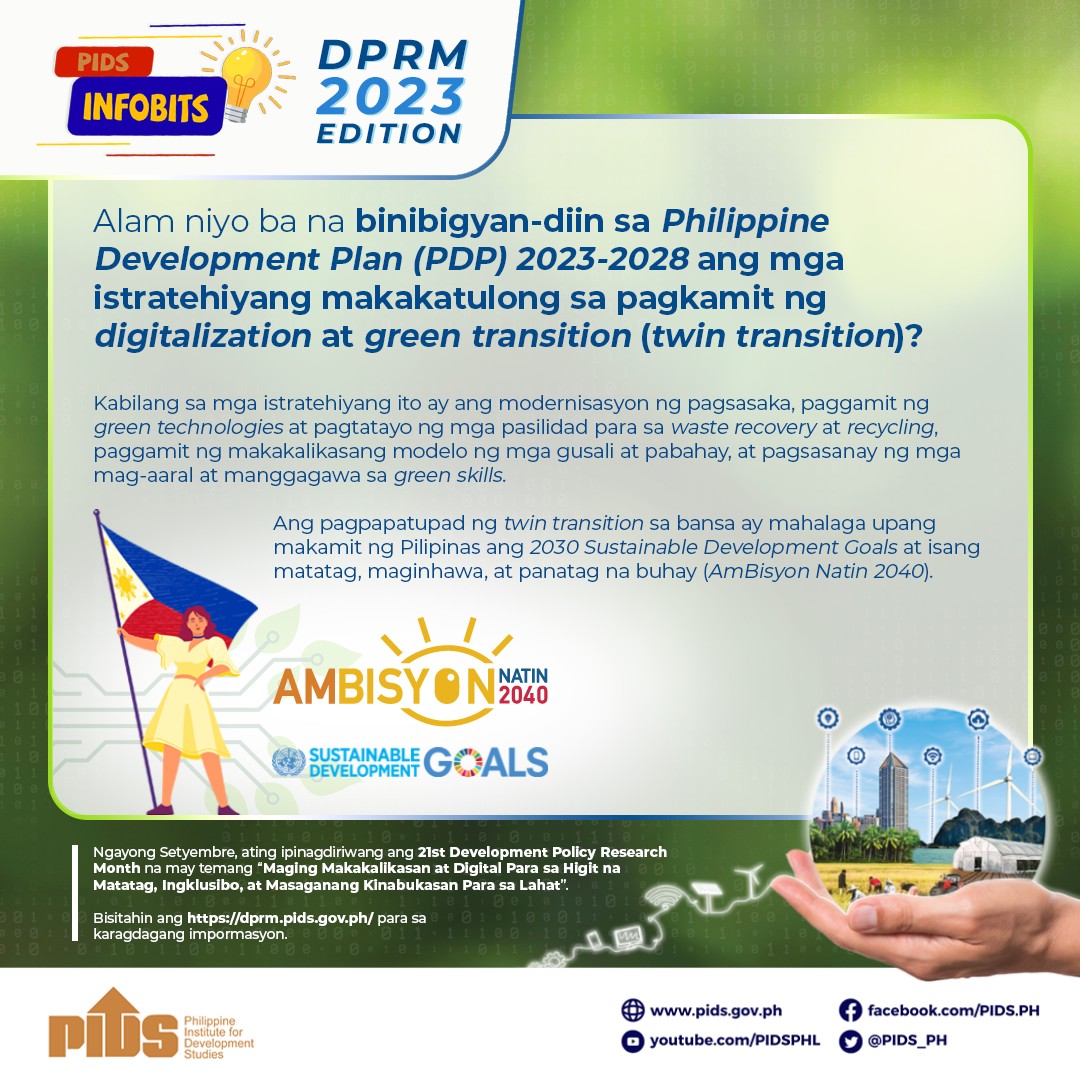IN TWO months, leaders of 21 Asia-Pacific economies will update one another on what they’ve done to implement a landmark proposal that could make solar panels, wind turbines and other environmental goods cheaper.
The Asia-Pacific Economic Cooperation (APEC) forum has given itself until the end of 2015 to cut tariffs on 54 environmental goods to five percent or less.
Trade ministers who met during the Second Senior Officials’ Meeting (SOM) in Boracay last May "urged all economies to ensure full implementation of this commitment.” It will next come up for discussion this November, when APEC leaders meet in Metro Manila.
Tariff cuts are intended "to encourage economic players in the APEC to adopt environmentally sensible technologies,” Matthew J. Matthews, the United States Senior Official for APEC, said in a briefing yesterday.
The deputy assistant secretary from the State Department attended the Third Senior Officials’ Meeting during the weekend at the Radisson Blu Hotel.
That the regional forum gave itself around three years to bring down tariffs on environmental goods "is kinda normal for APEC,” Matthews said. What mattered, he added, was that member-economies made voluntary commitments "in an open and transparent fashion.”
In 2012, APEC member-economies gave themselves three years to reduce tariffs on environmental goods, including filtering machines for wastewater treatment, solar water heaters, waste compactors, solar panels, bamboo flooring panels and wind turbines.
President Benigno Aquino III signed last June 26 an executive order that reduced to five percent or less the Philippine tariffs on APEC’s list of environmental goods.
"Most Philippine imports of environmental goods were already low-tariff even before APEC pushed this initiative,” a Philippine Institute for Development Studies (PIDS) paper pointed out that same month.
Authors George Manzano and Shanti Prado said that the impact of lower tariffs on environmental goods on the Philippines "is rather benign.” But they also raised the possibility that trading behavior could change if all APEC member-economies carried out the tariff cuts.
Global trade in environmental goods amounts to around US$500 billion, and 12 of the top 30 exporters belong to APEC, the organization’s website reported.
Although Philippine imports and exports accounted for less than one percent of APEC’s total trade in environmental goods, the PIDS paper pointed out that lower tariffs could support such activities as environmental impact monitoring and renewable energy production.
Matthews said the tariff reductions show that APEC, apart from helping businesses "move goods from their cellars to consumers,” was taking seriously the need "to ameliorate the impact of economic activities.”

